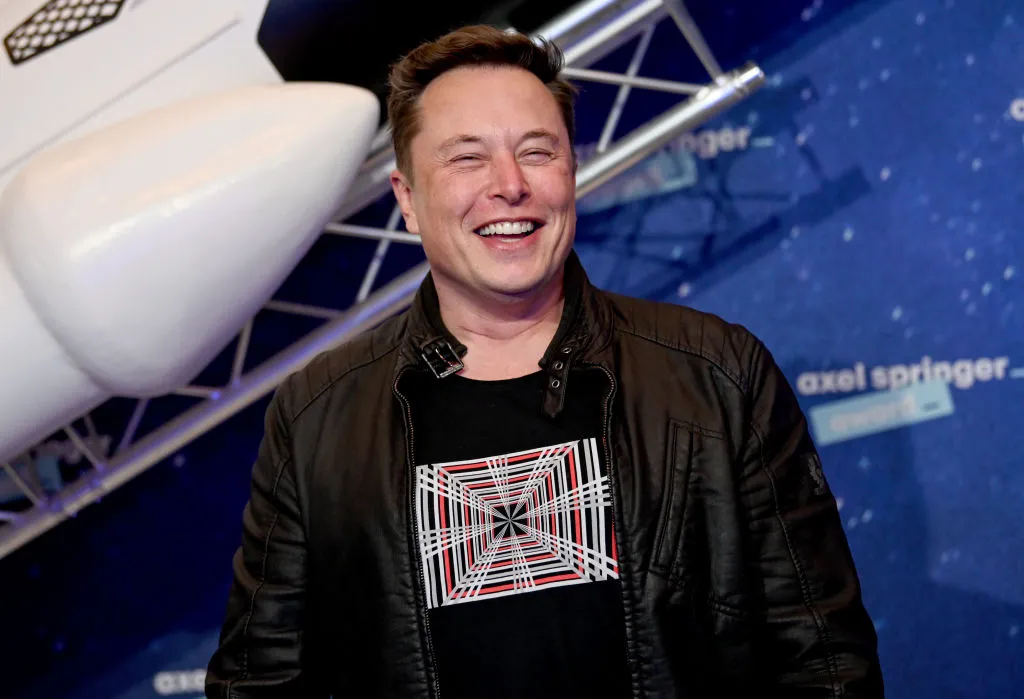
Elon Musk has made a decisive move by relocating the legal domicile of his space exploration company, SpaceX, from Delaware to Texas. This strategic relocation is part of a broader shift that includes his electric vehicle giant, Tesla, and his neurotechnology firm, Neuralink, moving their incorporation out of Delaware, a state long favored by corporations for its business-friendly laws and tax policies.
What Prompted Musk’s Move Away from Delaware?
The catalyst for this significant transition was a ruling by a Delaware judge against Musk’s staggering $56 billion compensation package from Tesla, which was contested for being excessively generous. The lawsuit, spearheaded by Tesla shareholder Richard Tornetta, accused Musk of unduly influencing the board’s decision-making process regarding his compensation, questioning the board’s independence and the fairness of the negotiations.
Delaware Chancery Court Judge Kathaleen McCormick described the compensation agreement, which was linked to ambitious performance milestones, as “unfathomable,” suggesting that it should be nullified. This ruling was a rare judicial rebuke for Musk, who is accustomed to navigating the business world with a level of autonomy and vision that few can match. The compensation package in question was not only the largest in U.S. corporate history but also a significant contributor to Musk’s wealth, positioning him among the world’s richest individuals with an estimated net worth of around $200 billion.
Why Is Musk Advising Companies to Leave Delaware?
Musk’s reaction to the court’s decision was swift and public. He took to X, formerly known as Twitter, a platform with a massive global audience, to announce SpaceX’s relocation to Texas and suggest that other companies should consider exiting Delaware. This move was not just a logistical change but a symbolic gesture, reflecting Musk’s growing frustration with what he perceives as an unfavorable legal and regulatory environment for innovative businesses in Delaware.
Tesla and Neuralink Follow Suit
Following the ruling, Musk also initiated a public poll on X to gauge support for moving Tesla’s state of incorporation to Texas, a proposal that received overwhelming backing, with over 87% of more than 1.1 million votes in favor. This public endorsement was a clear demonstration of Musk’s ability to mobilize support and leverage his substantial online presence to influence corporate governance decisions.
Tesla had already signaled its commitment to Texas by relocating its corporate headquarters from Palo Alto, California, to Austin in 2021, a move that was seen as part of a broader trend of tech companies seeking alternatives to Silicon Valley’s high costs and regulatory challenges. Texas offers a more business-friendly climate, with no state income tax and a reputation for encouraging innovation and growth, making it an attractive destination for companies looking to expand or relocate.
Neuralink’s shift to Nevada, known for its favorable tax regime and burgeoning tech scene, further illustrates Musk’s strategic approach to aligning his companies’ legal domiciles with states that offer optimal conditions for growth and innovation. This series of relocations underscores a potential shift in the corporate landscape, with business leaders reevaluating the benefits of incorporation in states that are perceived to be more supportive of entrepreneurial endeavors.
What Does This Mean for Delaware and Other Companies?
Musk’s decision to relocate his companies’ incorporation states is not merely an administrative change but a significant statement on corporate governance, the legal environment for businesses in the United States, and the role of visionary leaders in shaping the future of the industry. By challenging the status quo and leveraging his platforms to advocate for change, Musk is not only navigating his companies through a complex legal landscape but also influencing the broader dialogue on how businesses operate within the regulatory frameworks of different states.
The implications of Musk’s moves extend beyond his enterprises, posing questions about the future of Delaware as a corporate haven. While Delaware has long been the jurisdiction of choice for over a million businesses, including more than 60% of Fortune 500 companies, due to its well-established court of chancery and business-friendly laws, Musk’s high-profile exodus could prompt other companies to reconsider their state of incorporation.
Related News:
Featured Image courtesy of Pool/Getty Images
